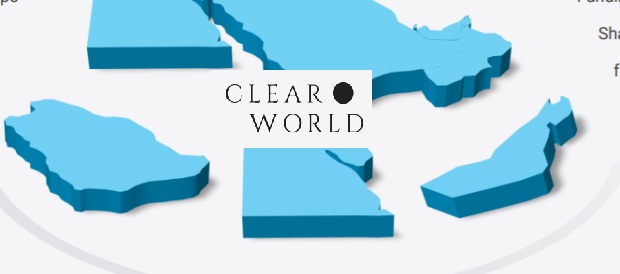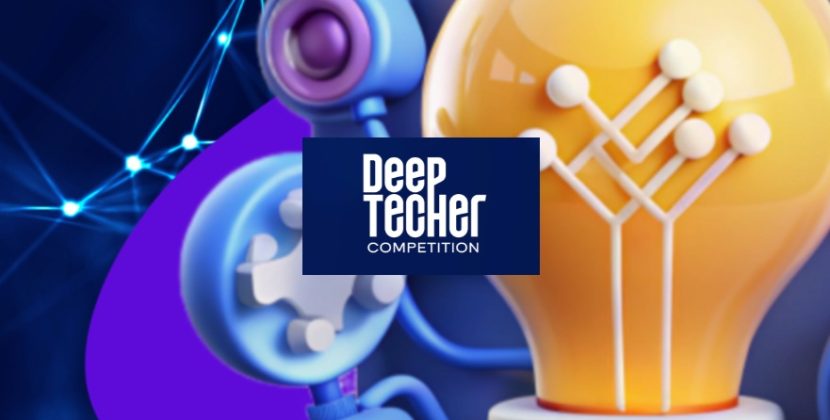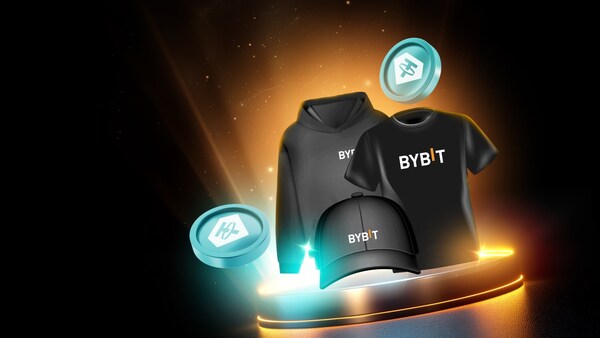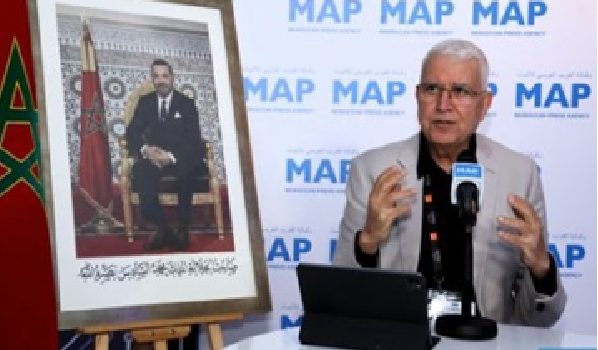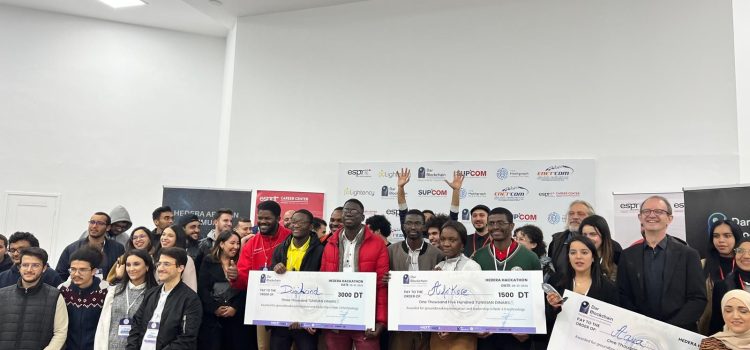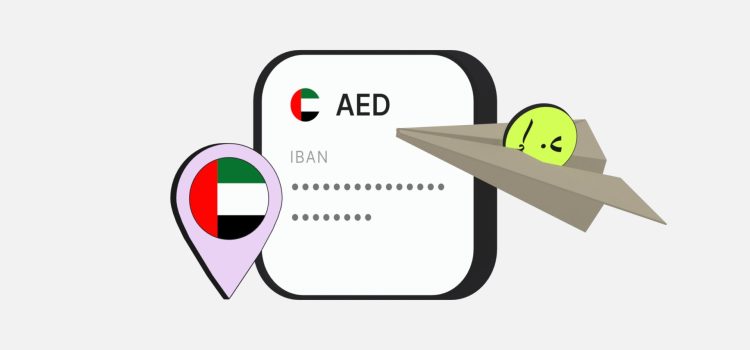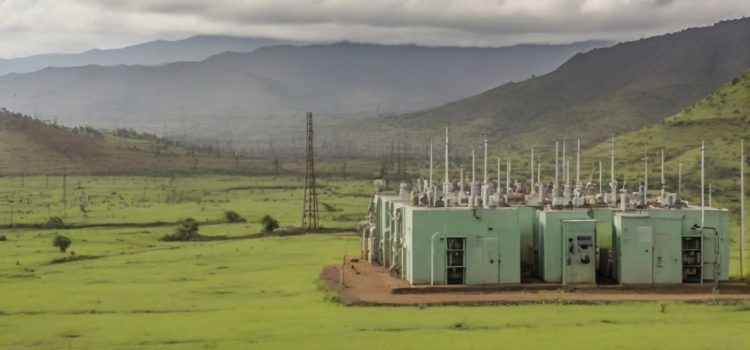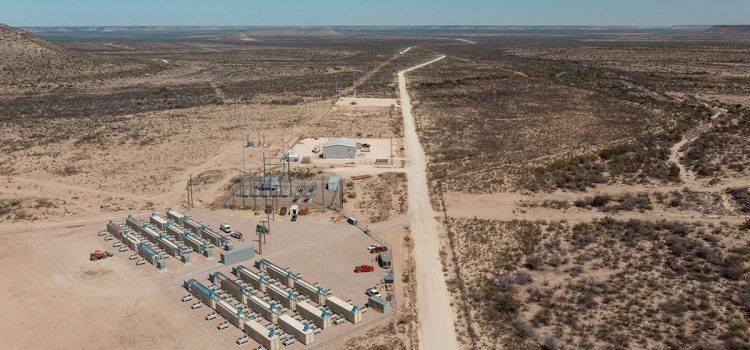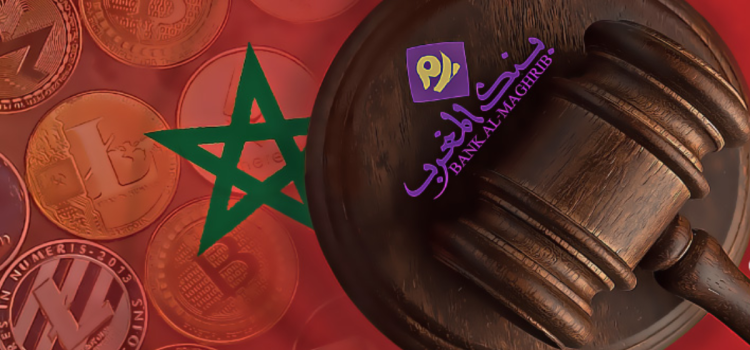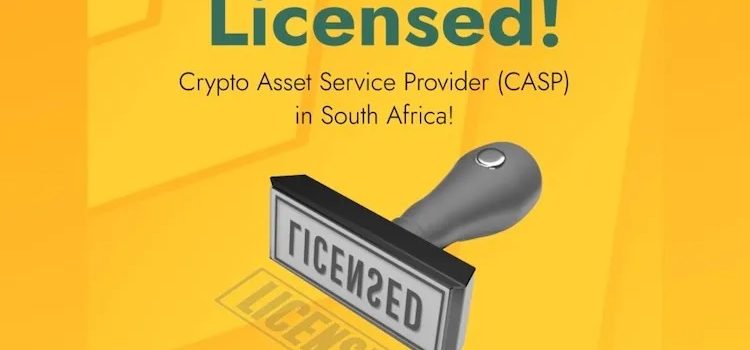UAE based Phoenix Group PLC (ADX:PHX), has expanded its operations into the burgeoning African market with the acquisition of an 80-megawatt (MW) power purchase agreement (PPA) in Ethiopia. This landmark deal, forged in partnership with Abu Dhabi-based cybersecurity firm Data7, marks a significant step in Phoenix Group’s global diversification strategy. It secures a reliable and sustainable energy source to fuel its long-term growth and underscores a commitment to responsible digital asset infrastructure development.
The new Ethiopian site, slated for energization in Q2 2025, will dramatically enhance Phoenix Group’s operational capacity, significantly increasing the exahash rate of its rapidly expanding mining portfolio. This move solidifies Phoenix Group’s position as one of the world’s largest Bitcoin miners and reinforces its commitment to scaling operations and delivering cutting-edge, globally distributed digital asset infrastructure. Phoenix Group is poised to build on this momentum, with further announcements of new sites and increased capacity in 2025, including continued expansion in Ethiopia and a strategic entry into the South American market.
“This 80MW expansion in Ethiopia, on the heels of our North Dakota site announcement, is a powerful testament to Phoenix Group’s accelerating global momentum,” said Munaf Ali, CEO of Phoenix Group. “We are aggressively building out our mining capabilities, and this added capacity further solidifies our position as one of the world’s largest Bitcoin miners, fueling our growth trajectory as we prepare for our listing on Nasdaq. We’re not just expanding our operations; we’re strategically positioning ourselves at the forefront of a financial revolution where cryptocurrencies will play a central role in creating a more inclusive and dynamic global economy.”
Reza Nejatian, CEO of Global Mining Operations at Phoenix Group, added: “This project in Ethiopia, significantly increasing our exahash rate, is a clear signal of our ambition to not just participate in, but to lead, the global Bitcoin mining landscape. Ethiopia’s emergence as a key crypto-mining hub provides the perfect platform for our continued expansion, and this is just the first phase of our growth in the country. Our strategic partnership with Data7, enabling the deployment of the latest S21 Hydros, underscores our commitment to leveraging cutting-edge technology to maximize efficiency and solidify our competitive advantage. And our ambitions extend beyond Africa; we’re actively preparing to launch operations in South America in 2025, further diversifying our global footprint. This is how we execute on a global scale, and this is how we build the future of decentralized finance.”
Earlier this month, UAE Phoenix Group launched its 50MW mining facility in North Dakota in the USA. Fully operational, the site will contribute an impressive addition of more than 2.7 exahashes (EH) to Phoenix’s global hash rate. This is an initial step in expanding Phoenix Group’s UAE mining capabilities and investments in the United States.
Ethiopia is a growing crypto mining Hub
Ethiopia and its local Bitcoin mining operations account for 2.5% of global hashrate. Bitcoin miner Kassa stated, “Bitcoin miners in Ethiopia now command 2.5% of the global hash-rate. If trends continue, according to Ethiopian Electric Power (EEP), this will more than double within one year.”
Ethan Vera, co-founder and COO of Luxor Mining, had previously noted that the EEP reports local operations already consuming 600 MW of power. By the end of 2024, that number could rise to 1 gigawatt, representing as much as 7% of the global Bitcoin network’s hashrate.
Companies like Bitmain-backed BitFuFu have acquired large mining operations in Ethiopia. In addition BIT Mining has also recently entered the Ethiopian market, acquiring a 51 MW Bitcoin mine and 17,869 mining rigs for $14.3 million. While, Matthew Sigel, Head of Digital Assets Research at VanEck Investment firm speaking on CNBC SquakBox noted that three new BRIC members, Argentina, UAE, and Ethiopia had begun mining Bitcoin using government resources
In November 2024, Ethiopia Electric Power (EEP), a state-owned utility, signed power purchase agreements with 25 bitcoin mining companies. These bitcoin companies are using Ethiopia’s surplus renewable energy from The Grand Ethiopian Renaissance Dam (GERD), a 6,450 MW hydropower project nearing completion on the Blue Nile in Ethiopia, located about 30 km upstream of the border with Sudan.
UAE Hodler Investments entering Ethiopia to provide energy for data centers
UAE Hodler Investments, a UAE based investment companywhich includes in its portfolio energy, AI, and digital asset mining startups such as PermianChain, Brox Equity, NEXGEN, and others; and GCL Energy Investment, subsidiary of GCL Group (Golden Concord Group), a leading Chinese integrated energy service provider that specializes in clean energy and new energy, with diversified development of related industries, have partnered to develop a distributed energy infrastructure project to power next generation distributed compute cluster data centers that are hosting AI, Blockchain and other applications.


